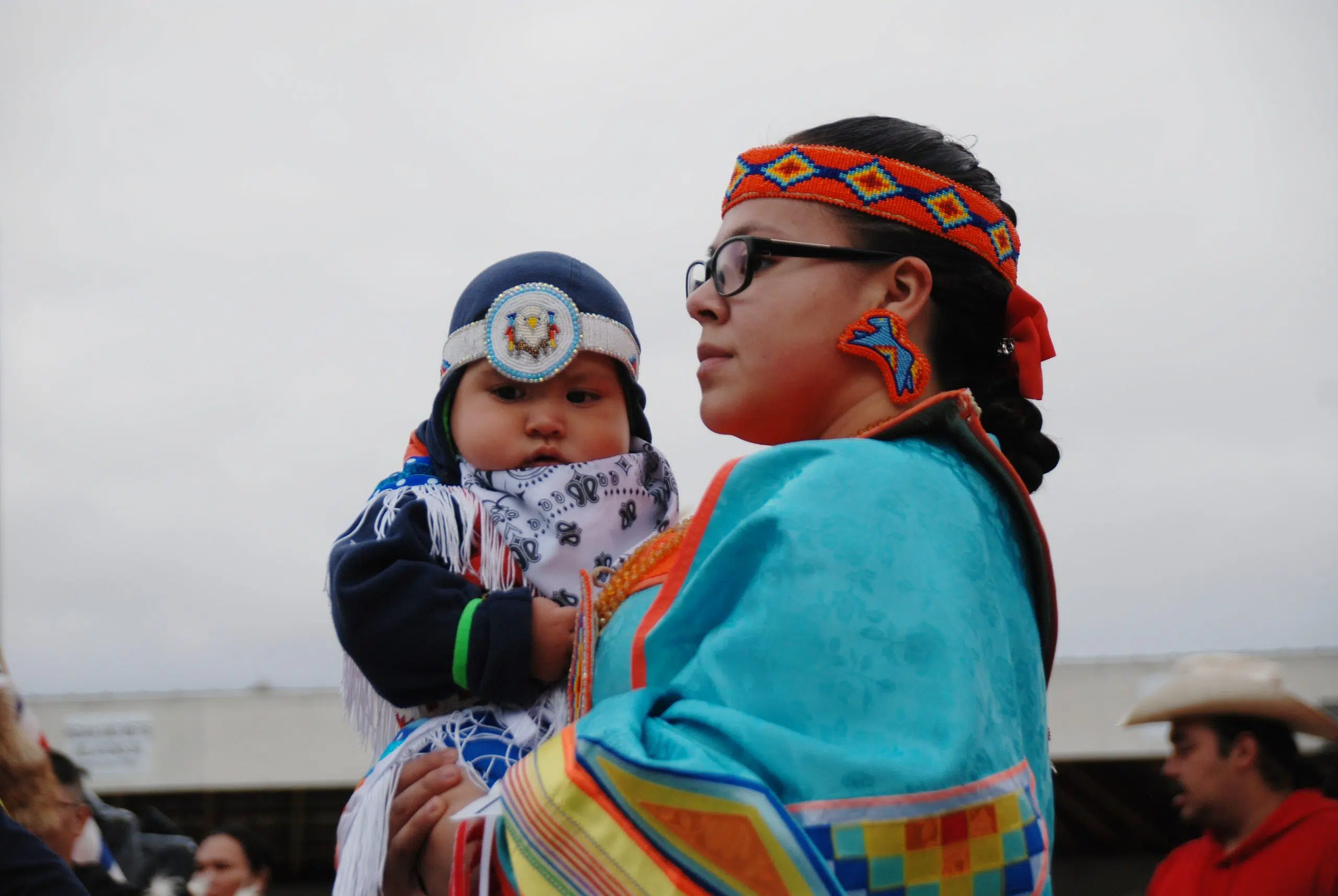
RCAP made strides, but much work remains: commissioner
Twenty years later, the Royal Commission of Aboriginal Peoples has made some strides for Indigenous peoples, but many issues from those days still exist today.
Mary Sillett, the youngest commissioner of seven, called her participation the highlight of her career and said it was an honour to be selected. She said her age was a reflection of the status of the Inuit population.
“That’s the story of us all. Many of us that were young at the time had the academic and other skills that were necessary to aspire to those positions,” Sillett said. “Yes, I was the youngest one, but I was the youngest one for a long time, not only with the royal commission but within my own circles as well.”
After leading several different Inuit organizations, and working with Inuit peoples at the community, provincial and federal levels, Sillett brought a wealth of experience and knowledge to the commission.


